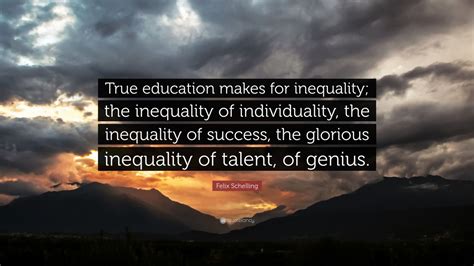A Quote by Amartya Sen
I believe that virtually all the problems in the world come from inequality of one kind or another.
Related Quotes
The problems in the world today are not political problems, they are not economic problems, and they are not military problems. The problems in the world today are spiritual problems. They have to do with what people believe. They have to do with our most fervently held thoughts and ideas about Life, about God, and most of all, about ourselves, and our very reason for living.
"Free markets" is a very general term. There are all sorts of problems that will emerge. Free markets work best when the transaction between two individuals affects only those individuals. Most often, a transaction between you and me affects a third party. That is the source of all problems for government. That is the source of all pollution problems, of the inequality problem. This reality ensures that the end of history will never come.
So the Buddha is presenting awakening not as a single mystical experience that may come upon us at some meditation, some private moment of transcendence, but rather as a new engagement with life. He is offering us a relationship to the world that is more sensitized to suffering and the causes of suffering, and he gives rise to the possibility of another kind of culture, another kind of civilization.
Most people believe that inequality is rising - and indeed it has been rising for a while in a number of rich countries. And there is lots of talk and realization of this. It's harder to understand that at the same time, you can actually have global inequality going down. Technically speaking, national inequality can increase in every single country and yet global inequality can go down. And why it is going down is because very large, populous, and relatively poor countries like India and China are growing quite fast.








































